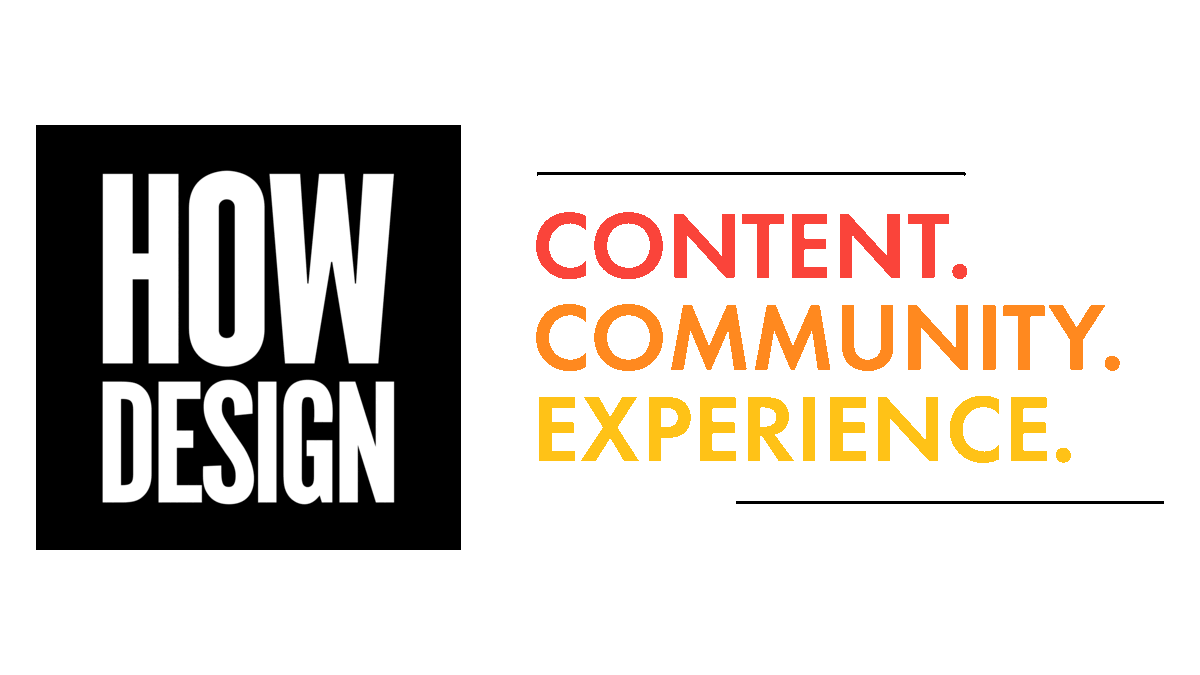Work and life can be stressful enough. But add in a pandemic, and everything gets taken to harrowing new heights.
In the wake of the past year that was, Taylor Cashdan’s 2020 HOW Design Live session “Stress Addiction” was the pressure-valve release we all needed.
As we gear up for our next event, set for Oct. 19–21 in Nashville, we’ve been looking back on lessons learned from our most recent gathering—and Cashdan’s talk is one irrefutable highlight, chock-full of strategies aimed at destressing in the most stressful of times.
He began with a series of questions: How many people have been so stressed out after work that they needed some alone-time to get their bearings? How many have been slapped with a major project last minute, leaving them pulling their hair out to get it done on time? How many weren’t able to say “no” to something because they felt bad doing so, or like they were missing an opportunity?
Naturally: nearly everyone.
Cashdan has had a full plate since the start. Growing up, he’d take part in every club that would accept him. He loved maintaining a packed schedule. In college, he balanced his course load with serving as editor of the school newspaper, freelancing and doing field marketing for HBO. In the professional world, he built things out even further—full-time job, freelance work, involvement in professional organizations, conferences. In other words, he was captive to cortisol.
“It was only then that I realized I had an addiction,” he said. “By overcommitting myself, I was banking on the fact that I’d get stressed out and always choose the ‘fight’ part of ‘fight or flight or freeze.’ I hoped that being in this fight mindset would manifest into some sort of transformed state of super creativity, and I’d crush whatever I was working on.”
For the longest time, it worked. Until it didn’t. (More on that in a moment.)
As Cashdan pointed out, we brought the Hustle mentality upon ourselves. Thought leaders evangelize optimizing our time, hacking our schedules. We hear that if you don’t have a side hustle, you’re not serious about craft; if you’re not freelancing, you’re not creating enough.
“When did we decide that you should never turn off your brain, put down the pencil or give yourself time to breathe? Who decided that monetizing your hobbies and having side hustles were mandatory or even the right thing to do? Not to mention the implication that if you’re not working yourself to death, then you’re not being productive.”
It takes a toll.
For Cashdan, that toll came on June 29, 2017. He woke up dizzy and disoriented, with his heart pounding. He went to work. He went to the doctor. His doctor told him he needed to go to the ER. He had a resting heart rate of 180 beats per minute, and spent two days in the hospital before being diagnosed with stress-induced Atrial Fibrillation.
He’s had three episodes since—but they weren’t triggered by any specific life event or situation. Rather, by thinking that the more he had to do, the better he would feel, “I created my own little toxic loop that I could seemingly never break.”
In the years since, Cashdan has developed four strategies to destress—and they’re a roadmap that we can all benefit from.
- Ask yourself tough questions. Consider your tasks—are they all necessary right now? Moreover: Do you have the right people around you who will encourage your success? And what’s your plan—how does what you’re doing now lead to the next thing? “Asking yourself tough questions will lead to less stress,” Cashdan said.
- Say “F It.” “It’s time to start saying no,” Cashdan said. Say no to projects you don’t have true interest in. Say no to the tasks that will overload you and to the plans that you don’t want to participate in.
- On the flipside of Step 2, Double down on the things in your life that will move the needle—the people and jobs that make you happy. “Incubating the things you enjoy leads to less stress.”
- And finally—the simplest, but hardest to do, Cashdan said—Learn to just be. Be intentional about the choices you make, the tasks you take on and the actions you take. And be present when making those decisions.
“All of that is to say, we have to be diligent and aware of ourselves as much as possible—how we’re feeling, what we’re doing, how we’re reacting or coping, how we’re treating others,” Cashdan said.
It doesn’t happen overnight, but it does indeed work—after all, Cashdan is now two years without a cardiac incident.
“What we seem to constantly forget is that we don’t need to do everything to feel fulfillment,” he said. “And we don’t need to stress ourselves out to make work that matters.”
After a most precarious year, we say Amen to that.
